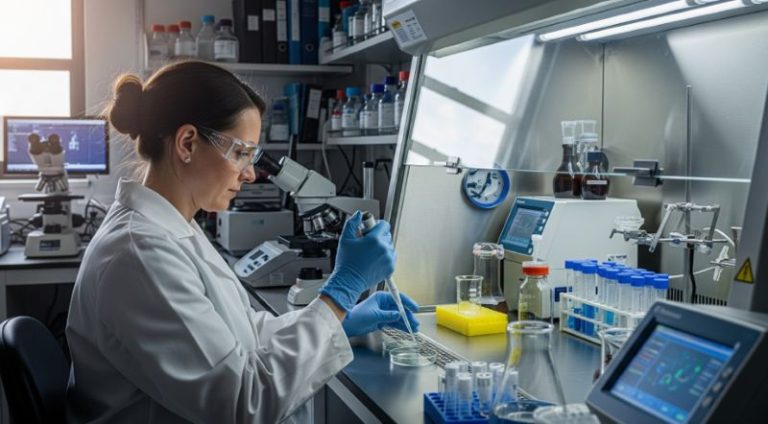

“It’s kind of an extreme way to get your sentence reduced. I don’t know if it makes much sense.”

By Sarah Betancourt
Reporter
GBH News
A new bill that would give Massachusetts prisoners an earlier release if they donate organs is mired in controversy as advocates raise concerns about ethics, and legislators urge understanding for their intentions.
It would allow people held in state prisons the ability to reduce their sentences between 60 days to a year, “on the condition that the incarcerated individual has donated bone marrow or organ(s).”
Prisoner advocates say that incarcerated individuals might feel pressured to trade their organs for free time. State Rep. Carlos González, one of the sponsors, told GBH News on Wednesday that is “far from the truth.” He said he has family members in prison, and is connected to a father of three hospitalized in a Massachusetts hospital suffering from stage-four kidney failure while waiting for a donor.
The idea, he said, is to broaden the pool of potential donors in an effective way to “increase the likelihood of Black and Latino family members and friends receiving life-saving treatment.” González, said this could benefit prisoners because it restores individual agency and decision-making.
“There is no law against prisoner organ donation,” he said. The committee in charge of proctoring the program, he said, would ensure the safety of every participant.
READ ENTIRE ARTICLE AT GBH NEWS


